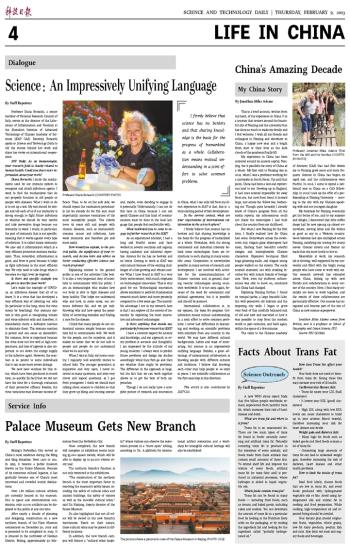
A new WHO status report finds that five billion people worldwide remain unprotected from harmful trans fat, which increases their risk of heart disease and death.
What are trans fat and where is it from?
Trans fat is an unsaturated fat. There are two main types of trans fat found in foods: naturally occurring and artificial trans fat. Naturally occurring trans fat is produced in the intestines of some animals, and foods made from these animals may contain small amounts of these fats. To extend shelf life and improve the texture of some foods, artificial trans fat (or trans fatty acid) is produced in industrial processes, where hydrogen is added to liquid vegetable oils.
Which foods contain trans fat?
Trans fat can be found in many foods — including fried foods, such as donuts, and baked goods, including cakes and cookies. You can determine the amount of trans fat in a particular food by looking at the Nutrition Facts table on the packaging, or by reading the ingredient list and looking for the ingredient called "partially hydrogenated oil."
How does Trans Fat affect your health?
Your body does not need or benefit from trans fat. Eating these fats may increase your risk of ill health.
Cardiovascular disease risk:
· Trans fat raises your LDL (bad) cholesterol.
· It lowers your HDL (good) cholesterol.
· High LDL along with low HDL levels can cause cholesterol to build up in your arteries (blood vessels), therefore increasing your risk for heart disease and stroke.
Weight gain and diabetes risk:
· Many high-fat foods such as baked goods and fried foods contain a lot of trans fat.
·Consuming large amounts of trans fat can lead to unwanted weight gain, therefore increasing the risk of diabetes, heart disease and other health problems.
How to limit the intake of trans fat?
Read food labels, choose foods that are low in trans fat, and avoid foods produced with hydrogenated vegetable oils or fats. Avoid using hydrogenated oils and animal fat in cooking and food preparation. While cooking, high-temperature oil and repeated frying should be avoided.
Your dietary plan should emphasize fruits, vegetables, whole grains, low-fat dairy products, poultry, fish and nuts. Also limit red meat and sugary foods and beverages.







